SJI Grantee Spotlights
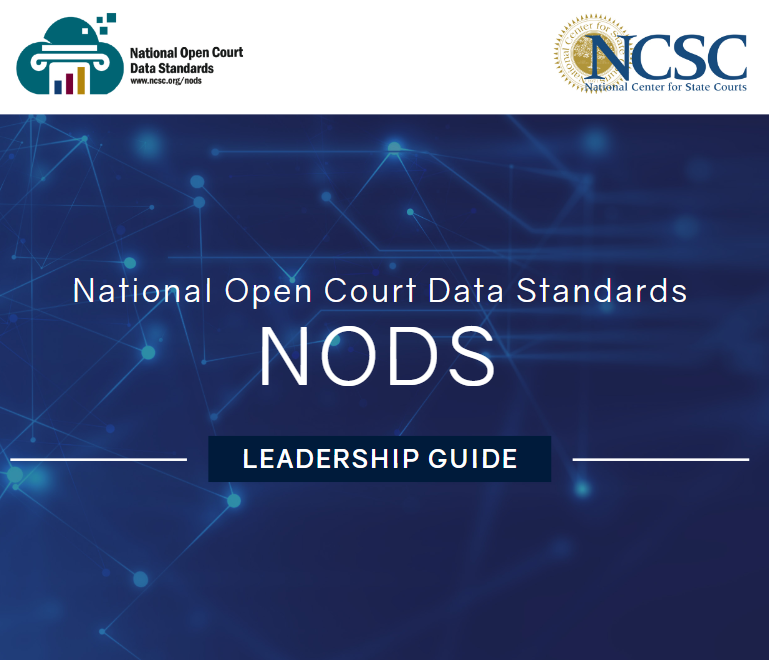
Implementing National Open Court Data Standards in Pilot Courts
The National Open Court Data Standards (NODS) consists of business and technical court data standards designed to facilitate the sharing of court data, ensure consistency in how data are understood and used, and reduce the costs and efforts required for courts to respond to data requests. In addition, several states are using NODS as a framework to build statewide data repositories.
Over the last four years, SJI has supported the implementation of NODS in 16 states. A recent evaluation of the project found that successful implementation has relied upon supportive executive leadership, dedicated staff, a designated NODS champion, and financial resources. Barriers to implementation have included a lack of resources, competing priorities, and insufficient leadership support. For states implementing NODS, it has been a useful tool to identify and address data governance issues. Most adopting courts indicated that their court began to collect new data elements due to mapping their case management system to NODS.
In addition to the core spreadsheet of data elements, resources available to courts and vendors include:
- NODS NIEM6 Message specification
- NODS User Guide
- NODS Leadership Guide
Along with Subject-area specific guides to NODS, including:
- NODS for Family Court
- NODS for Guardianship
- NODS for Traffic
- NODS for Criminal
These resources are available at www.ncsc.org/nods.
Webinars are also available to learn more about NODS, including a Data Dives Webinar on NODS and a special webinar on Better Traffic data with NODS.
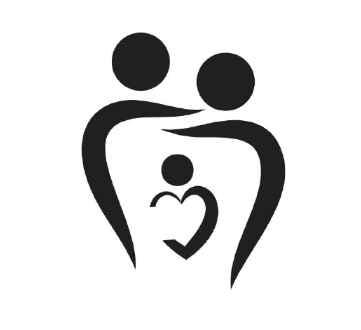
State Courts Response to Opioids and the Impact on Children
July 1, 2025
What if families facing a crisis could receive support before entering the court system? In 2019, the National Center for State Courts received funding to identify promising practices in state and local courts that aim to prevent removal through non-adversarial collaborative team approaches and timely access to treatment and services. The Family Preservation Initiative (FPI) …

Nevada Guardianship Portal – Supreme Court of Nevada, Administrative Office of the Courts
June 1, 2025
The Courts in Nevada have invested in the development of electronic systems to improve transparency, accessibility and efficiency of court processes. These investments have significantly reduced the time taken from initiating a case to its final disposition. Unlike most Court processes, guardianships commence at disposition and can last for decades, for example the guardianship of …
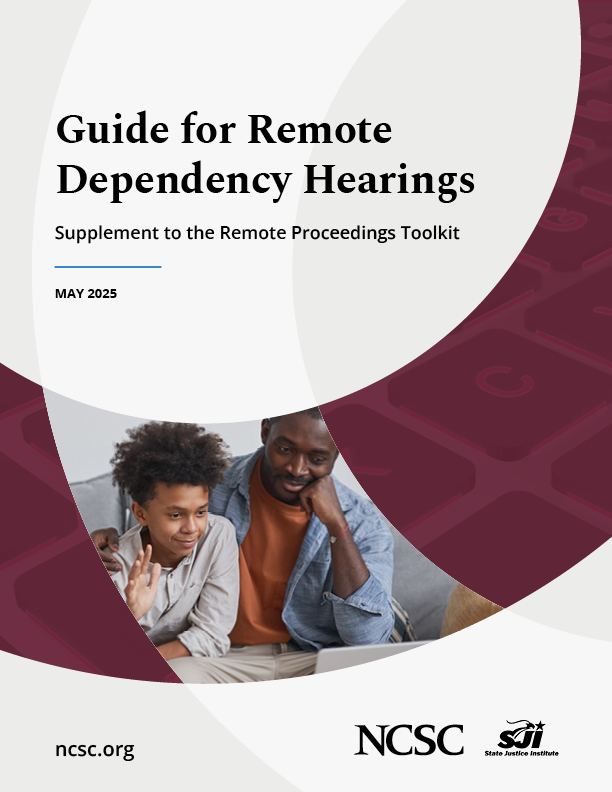
Enhancing State Court Efforts to Address Child Abuse and Neglect – The National Center for State Courts
May 1, 2025
The National Center for State Courts announces the upcoming “Guide for Remote Dependency Hearings,” a comprehensive resource, funded by SJI, developed as an addendum to the Remote Proceeding Toolkit. Child abuse and neglect hearings require additional considerations for effective remote proceedings given their confidential nature and multiple participants. The Guide for Remote Dependency Hearings offers specialized …
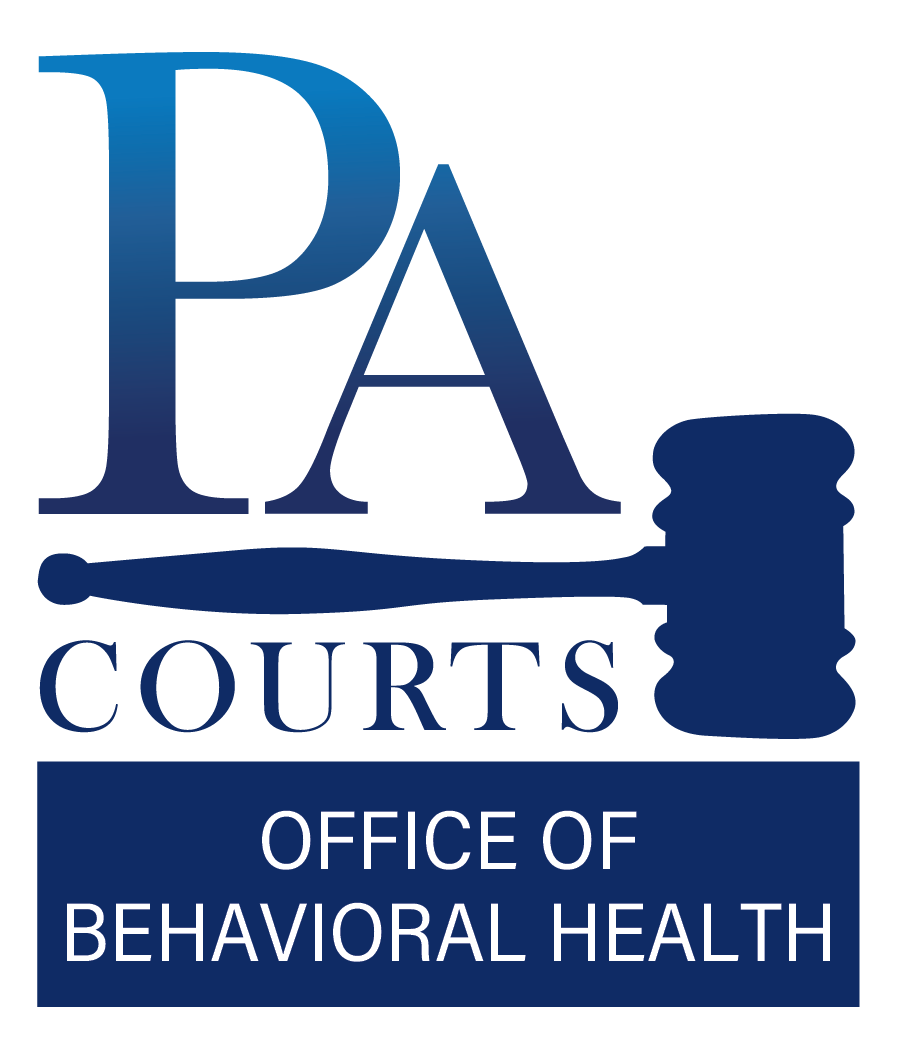
Pennsylvania Statewide Behavioral Health & Recovery Summit – Administrative Office of Pennsylvania Courts
April 1, 2025
In October 2024, the Pennsylvania Courts held a first-ever statewide Behavioral Health Summit that brought together over 500 judges, leaders, and stakeholders to address the growing behavioral health crisis within the judicial system. Pennsylvania Supreme Court Justice Kevin Dougherty emphasized the increasing severity and frequency of behavioral health challenges and called the summit a “call …
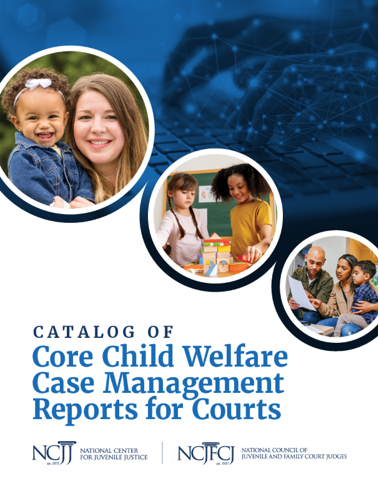
Enhancing State Court Efforts to Address Child Abuse and Neglect
March 1, 2025
In 2016, the National Council of Juvenile and Family Court Judges (NCJFCJ) developed the Enhanced Resource Guidelines (ERGs) to outline best practices for handling child abuse and neglect cases. To support implementation, NCJFCJ launched a project to train select jurisdictions in ERG-based practices. The ERGs emphasize keeping families together, ensuring access to justice, cultural responsiveness, …
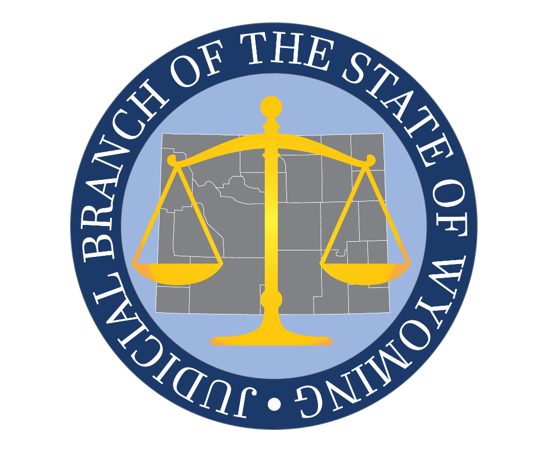
Wyoming Judicial Branch Mental Health Diversion Project
February 1, 2025
Behavioral health diversion is built on a guiding hypothesis: Diverting non-violent individuals with serious mental illness away from the criminal justice system and into community-based treatment and support services will transform lives, reduce recidivism, generate cost savings, and ease the burden on jails, courts, and state hospitals. This hypothesis has been proven in well-resourced urban …

